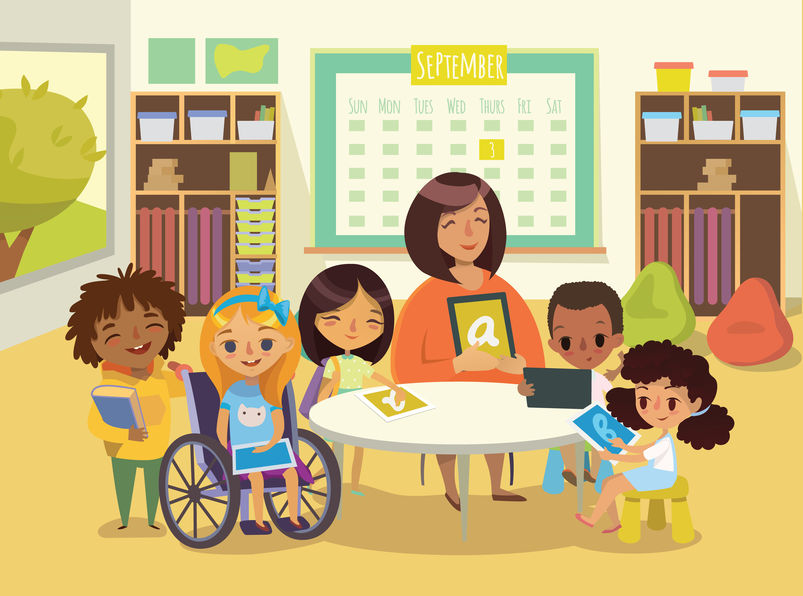In the Endrew F. v. Douglas County School District case of March 2017, the Supreme Court reviewed the educational rights guaranteed under the Individuals with Disabilities Education Act (IDEA). The heart behind this case was the IDEA’s requirement that states provide all eligible children with a “free appropriate public education” (FAPE) through individualized education programs (IEPs) that could be tailored to their unique needs.
As a result, the Court developed upon its analytic framework for FAPE: The Court unanimously agreed that 1. Individualized education programs must be appropriately ambitious in light of (a student’s) circumstances, and 2. Every child should have the chance to meet challenging objectives.
Disability advocates and parents all over the country acclaimed this ruling — it seemed the long-awaited progression was finally within reach. However, three years have passed since this ruling, and we are seeing that it may have been too good to be true.
A recently-published review in the N.Y.U. Journal of Legislation & Public Policy examined federal court decisions in 142 special education cases between March 2017 (after the Endrew F. ruling) and March 2020, and found that school districts won 115, or 81%, of the cases.
In the review, attorney William Moran found that 87% of decisions did not factor all of the requirements of the Endrew F. ruling discussed above. The analysis indicates that this is curious given that legal experts and the federal Department of Education have agreed that all parts of the Endrew F. decision are binding.
“What is worrisome for us advocates and parents are that states are given discretion on a case by case basis to extend the timeline for resolving complaints, but in the meantime, a child may be sitting with no services or program or inappropriate services or program,” says Special Needs Companies founder Annette Hines. “Due process has always been a way for the administration to drag their feet.”
Hines also says that “given this unlikely level of success with due process, and the ability of school districts now to use the pandemic to delay due process on a case by case basis, I have strong concerns on the impact it will have on parents willingness to pursue their students’ rights.” If you are concerned about your ability to advocate for your special needs child’s education during the pandemic through a dispute, know that mediation and hearings can be conducted virtually and allows for flexibility of scheduling.
While our education system still has a long way to go, with advocates and parents speaking up and continuing to fight for change, there is hope for these programs to reach and teach our children in the ways they need.

